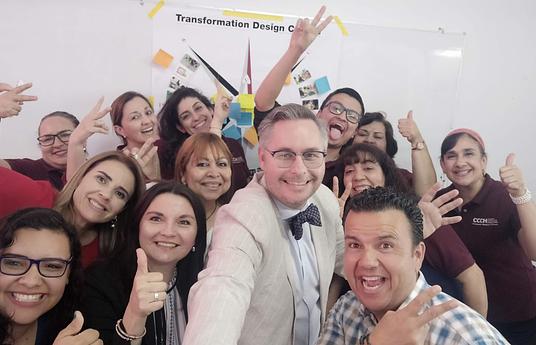The educational institutions in rural and hard-to-reach areas face several obstacles due to the quality gap including inadequate resourcing, lack of certified and trained instructors, and high poverty levels which results in high dropout rates. Aiming to bridge the quality gap between rural and urban education, the Digital School Program was initiated to provide quality education to the last mile.
The key components of the program are an ICT-based digital schooling system; a pool of skilled and qualified teachers; and a modern, creative curriculum and digital content designed by in-house experts. The use of an interactive whiteboard, facilities for desktop, document, slide-sharing, video-sharing and a sketch board makes it sufficiently versatile for an education setting. The trained teachers deliver their class and conduct interactive sessions with students along with support onsite by two classroom facilitators who assist the children with classwork management. It is the only organization that offers the EdExcel Curriculum of English along with the National Curriculum. As per the assessment report of the program, the data proves that the teaching approach in digital school is highly participatory in all classes (100%). Starting with 17 students in 2007, the Digital School now has over 5000 students and 180+ qualified teachers in 11 digital schools in 5 divisions of the country.
Digital School Program currently has more than 5000 students with 180+ skilled teachers in 11 digital schools across 5 divisions of the country. In 2013, only 30 students appeared in the secondary board exam, but the number increased to 365 in 2021 with a passing rate of 100%. Receiving basic education for whom was merely a distant dream, they are now able to pursue higher education both at home and abroad, along with participating in economic opportunities, like Lelin Ahmed, who received a fully funded scholarship to study in the USA. The initiative provides a platform for the children to build a strong foundation for their growth and development. JAAGO intends to expand its program to colleges and establish residential campuses for extremely disadvantaged children.
In order to adopt the digital school solution, a baseline study needs to be conducted in order to identify and analyze the feasibility of the approach. As per the outcome of the study, JAAGO Foundation can provide the necessary guidelines, training, and support to help establish the digital infrastructure and implement the program successfully.
.jpg)


